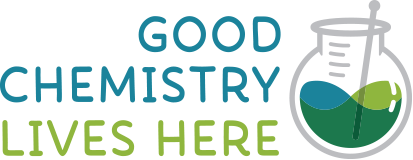How Do They Help?
You may be asking yourself… how do antimicrobials help me? The answer is great families have good chemistry…
For starters, did you know that antimicrobials play a key role in preventing the spread of disease? That’s right! Whether you are swimming in a pool, visiting your doctor for a check-up, or even siting in a movie theater watching a new release, antimicrobials help disinfect, sterilize, or sanitize the surfaces you may contact.
Did you also know that antimicrobials help keep your drinking water safe by killing harmful microbes? This helps prevent you and your family from getting sick or contracting infections such as cholera.
But helping to keep us safe isn’t the only way antimicrobials help. We all want our world to thrive now and in the future. Whether it’s preventing products from spoiling or stopping them from breaking down, antimicrobials help products last longer and protect our world’s precious resources.


